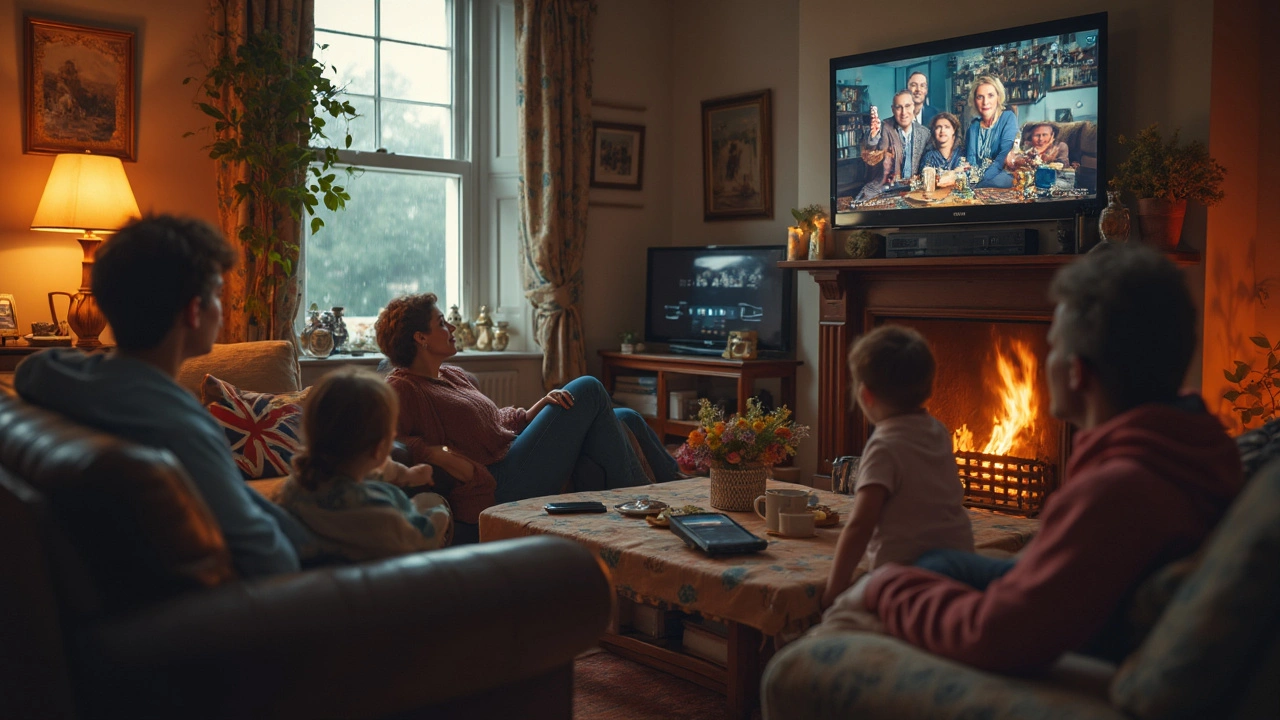TV Licence – What It Is, Who Needs It, and How to Pay
If you own a TV, watch live programmes on a computer, or stream BBC iPlayer, you probably need a TV licence. It’s a legal requirement in the UK, and getting it right saves you from costly fines. Below we break down the basics, the price, payment options, and the most common exemptions.
Who Must Have a TV Licence?
The rule is simple: anyone who watches or records live TV from any channel, or uses BBC iPlayer, needs a licence. It doesn’t matter whether you’re watching on a traditional set‑top box, a laptop, a tablet, or a smartphone. If you’re catching the news or a sports match as it’s broadcast, the licence applies.
People who only watch on‑demand services like Netflix or Amazon Prime without any live content are exempt. Likewise, if you never turn on a TV or stream live BBC, you don’t have to pay.
Cost and How to Pay
The standard TV licence fee for 2025 is £159 per year. You can pay it in one lump sum or split it into monthly, quarterly, or six‑monthly instalments. Direct debit is the most common method, and it automatically takes the payment from your bank.
If you prefer, you can also pay by credit or debit card online, by phone, or at a post office. Remember to set a reminder if you choose a non‑direct‑debit route – missing a payment can lead to a warning and, eventually, a fine of up to £1,000.
Students, people over 75, and those receiving certain benefits may qualify for a discounted or free licence. Check the official TV Licensing website for eligibility details and the paperwork you’ll need.
For those who think they might not need a licence, there’s a short questionnaire online that helps you decide. It asks about your viewing habits and the devices you own. If you’re still unsure, you can call the TV Licensing helpline for a quick chat.
It’s worth noting that the licence covers any device in your home, not just the TV set. So if you have a smart speaker that can stream BBC iPlayer, it’s still covered by the same licence.
Skipping the licence can lead to a visit from a TV Licensing officer, a hefty fine, and a court case. The enforcement system is strict because the licence funds the BBC’s public service work.
In short, if you watch live TV or BBC iPlayer, get a licence. It costs £159 a year, and you can pay in the way that fits your budget best. Check for discounts if you’re a student or senior, and keep your payments up to date. That’s all you need to stay on the right side of the law and keep enjoying your favourite programmes without worry.

Who Owns the BBC in Britain? The Full Story Behind Public Broadcasting
People in Britain can't escape the BBC—it's on your TV, radio, and even your phone. But who actually owns it? The BBC isn’t a private company or run by the government in the usual sense; it's funded by the public. This article unpacks who really controls the BBC, how it gets its cash, and why it matters to everyone who lives in the UK. You'll discover some odd facts about how it runs and get tips for dealing with the TV licence.
READ MORE